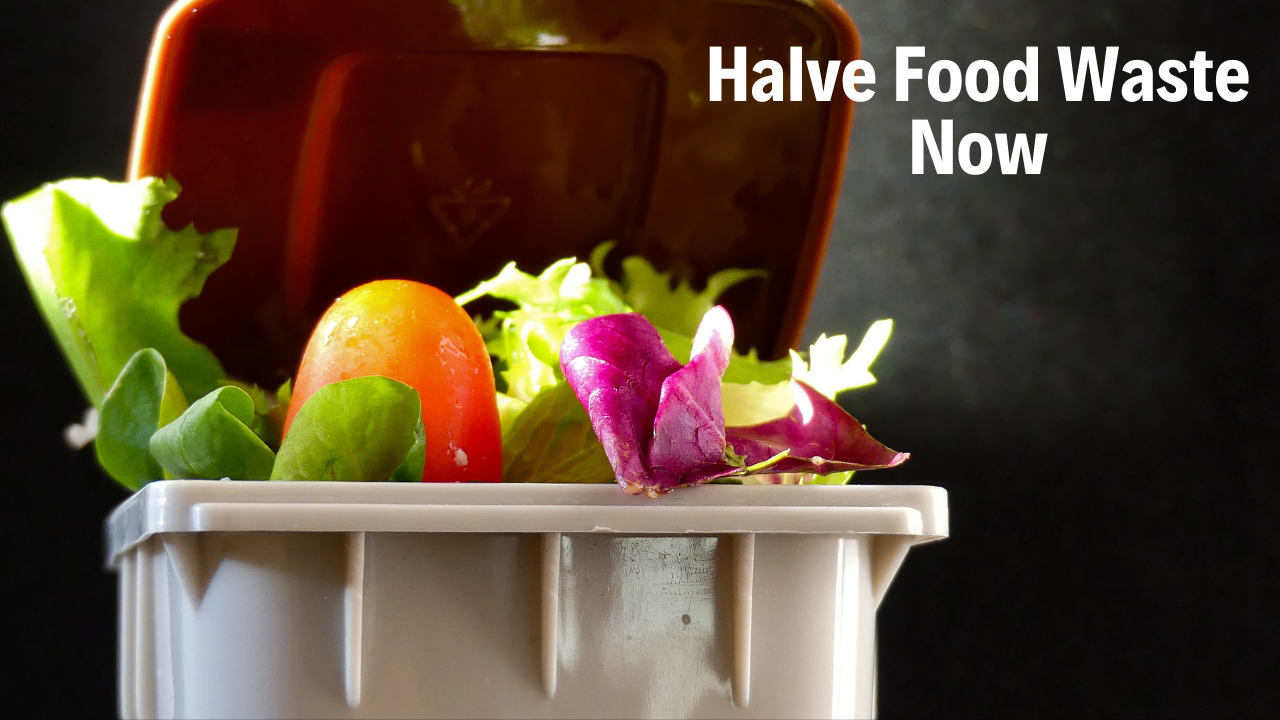The United Nations Environment Programme (UNEP), in collaboration with the Waste and Resources Action Programme (WRAP), released the “Food Waste Index Report 2024” on March 27, 2024. This report provides a critical assessment of global progress towards the Sustainable Development Goal of halving per capita food waste by 2030.
Key Findings:
- Global Food Waste: In 2022, the world wasted approximately 1.05 billion metric tons of food, equating to 19% of all food produced globally, or 132 kilograms per person annually.
- Sources of Waste:
- Households are the largest contributors, responsible for 60% of food waste.
- Food service and retailers contribute 28% and 12%, respectively.
- Humanitarian Concerns:
- There are 783 million people globally facing chronic hunger.
- Approximately 150 million children under five years old suffer from stunted growth due to nutritional deficiencies.
- Environmental Impact:
- Food waste generates 8-10% of global greenhouse gas emissions, making it a major contributor to climate change if considered as a country.
Challenges and Progress:
- Tracking and Reporting:
- Few G20 countries, including Australia, Japan, the UK, the US, and the EU, have developed effective food waste tracking systems.
- As of 2022, only 21 countries have included food loss and waste reduction strategies in their national climate plans.
- Strategic Initiatives:
- Governments and industries are increasingly engaging in public-private partnerships aimed at reducing food waste through better measurement and redistribution strategies.
This report underscores the urgency of enhancing food waste management practices globally, not only to meet environmental targets but also to address the critical issue of food insecurity. The ongoing efforts and strategies highlight the need for improved consistency in measurement and reporting to effectively guide and gauge progress towards the 2030 goals.


